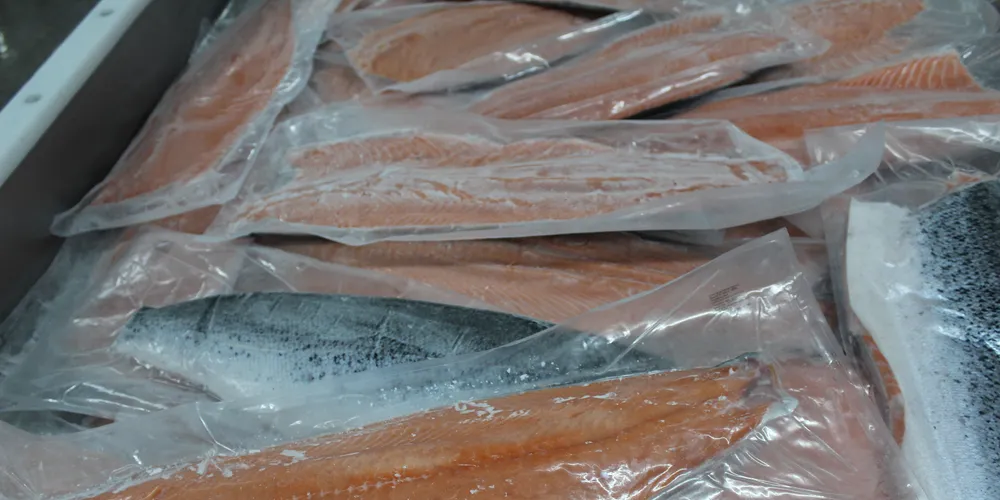Chile eyes Middle East, Africa for salmon export growth
Collaboration between the private and public sector allows for effective, targeted campaigns in new and existing markets.

Collaboration between the private and public sector allows for effective, targeted campaigns in new and existing markets.
